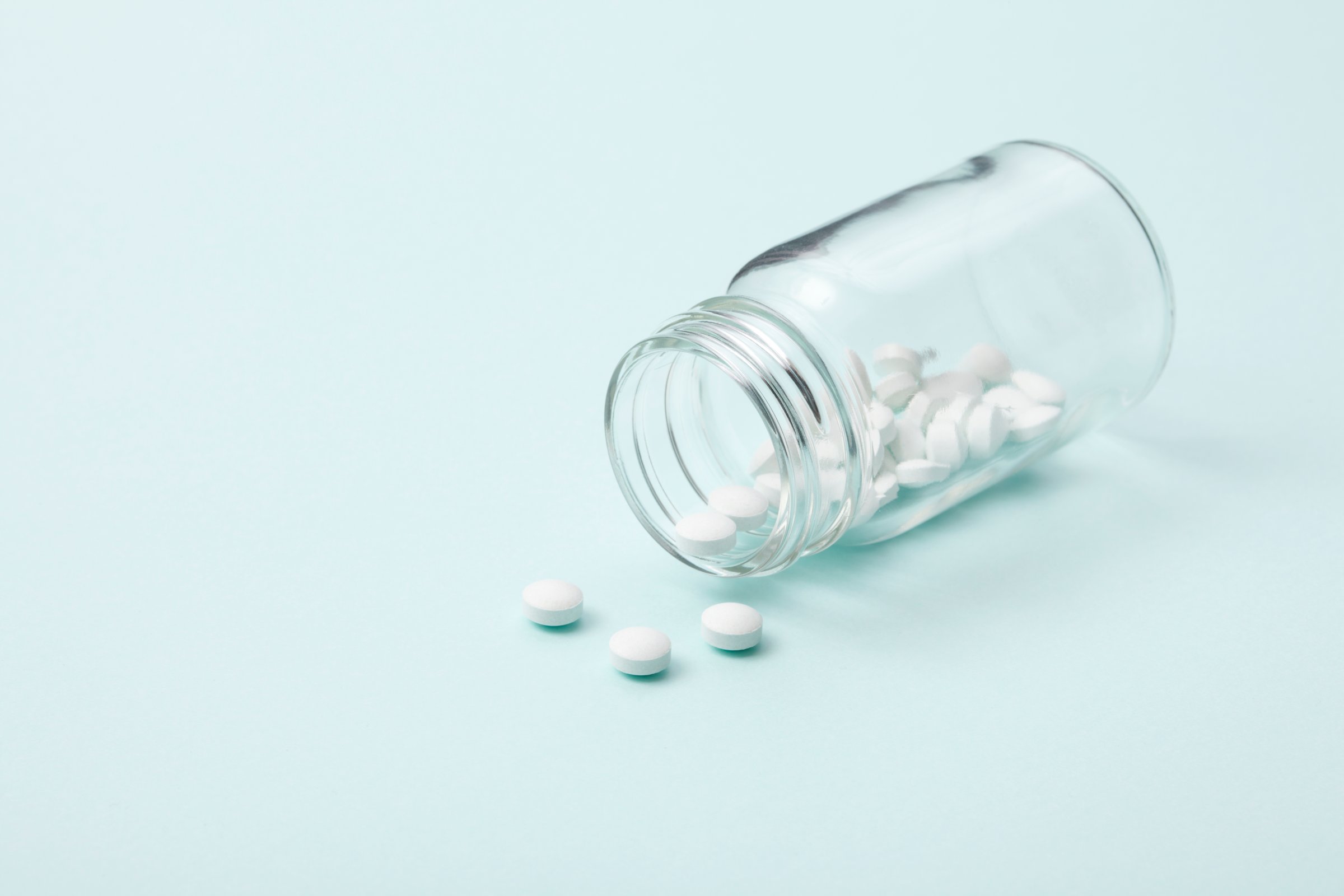
Women with high cholesterol tend to have lower rates of breast cancer than those with lower levels, according to new research, and those who do get breast cancer are less likely to die from their disease. These findings suggest that statins—drugs that are commonly prescribed to lower cholesterol—may also protect against cancer, say the study authors.
The study was presented this week at the European Society of Cardiology Congress in Barcelona, and have not yet been published in a peer-reviewed medical journal.
Previous studies that have looked at the link between cholesterol and cancer have been mixed; some have found that people with high cholesterol are more likely to get cancer, others have found they are less likely, and still others have found no association at all. The relationships also seem to vary based on the type of cancer.
The new study compared breast cancer rates and outcomes in more than 16,000 women with high cholesterol and an equal number of women with low cholesterol. All of the women were over 40, and none had a history of breast cancer at the start of that study. Over the next 14 years, however, 204 were diagnosed with the disease.
After adjusting for factors that could influence cancer or death rates—including age, ethnicity, and the top 10 causes of death—the researchers found that those with high cholesterol were 33% less likely to develop breast cancer than those without. And among those who did develop breast cancer, women with high cholesterol were 40% less likely to die over the 14-year period than women with lower levels.
The researchers can’t explain why that’s the case. But one likely reason may have to do with medications the women were taking to lower their cholesterol—statin drugs.
Statins not only work to reduce cholesterol produced by the liver, they also reduce inflammation, a risk factor for both heart disease and cancer. A paper recently published in the New England Journal of Medicine suggests that other types of anti-inflammatory drugs may be protective against cancer—a finding that may help explain statin’s potential cancer-related benefits in this study, as well.
Other research also support this theory. Studies on cell cultures in the lab, for example, have shown that statins can limit tumor growth. And population studies found that breast cancer patients who take statins are less likely to die from their disease or experience a recurrence after treatment.
The new study is the most conclusive and direct evidence yet to confirm the link between high cholesterol and breast cancer, say the study authors, but more research is still needed. They plan to conduct a clinical trial specifically designed to evaluate the protective effect of statins in patients who already have breast cancer.
Until then, they say, it’s too early to recommend statins to prevent or slow the progression of breast cancer, lead researcher Dr. Paul Carter, a researcher at Aston University, said in a press release. Statins are currently only recommended for treating high cholesterol and to lower the risk of heart events, and not for treating cancer. For now, “patients with breast cancer who have high cholesterol, people at high risk of cardiovascular disease, and those with established cardiovascular disease should be given statins according to current guidelines.”
More Must-Reads from TIME
- Donald Trump Is TIME's 2024 Person of the Year
- TIME’s Top 10 Photos of 2024
- Why Gen Z Is Drinking Less
- The Best Movies About Cooking
- Why Is Anxiety Worse at Night?
- A Head-to-Toe Guide to Treating Dry Skin
- Why Street Cats Are Taking Over Urban Neighborhoods
- Column: Jimmy Carter’s Global Legacy Was Moral Clarity
Contact us at letters@time.com